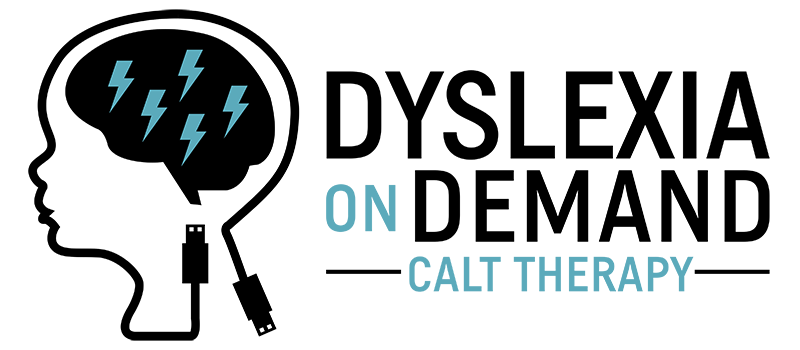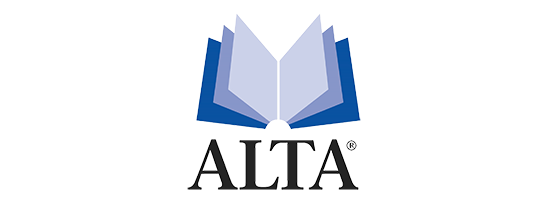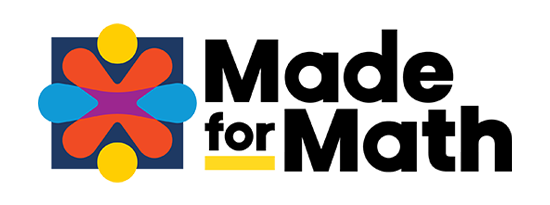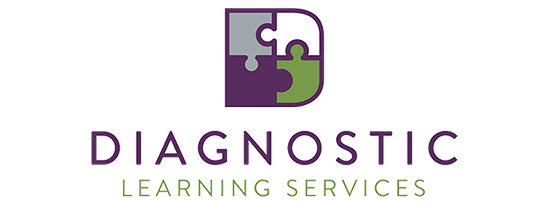
How Working With A CALT Will Give Your Child The Best Chance At Success
When it comes to ways to help a student with dyslexia, there are so many approaches to try. Students with dyslexia may need different accommodations in their school classroom such as a quiet place to work, extra time on tests, or the use of technology to help them. Many families opt for a dyslexia tutor to help support students with schoolwork. There are also different assistive technologies that can help students with certain academic tasks. And of course, parents play an important part on helping their child with dyslexia by showing support, encouragement, advocacy, and even academic help.
However, there is no role quite so important in supporting students with dyslexia as that of a Certified Academic Language Therapist (CALT). A CALT is not just a tutor; CALTs have completed advanced language therapy coursework through an accredited program. Read on to learn more about how working with a CALT will give your child the best chance at success.
CALTs can assess students’ learning needs. In order to get a good baseline of student performance, CALTs use different assessments to gather data about each student’s proficiency in language and academic skills. CALTs review comprehensive evaluations, informal evaluations, and academic samples as well. This can help a CALT in the development and implementation of a student’s individualized plan for success.
Parents are partners. When students need help with remediation of reading difficulties, parents can be of great assistance in the work and results that CALTs are aiming to achieve. CALTs can work with families to help them better understand their student’s learning needs. Parents are given steps to support and guide their child at home so that academic language therapy can be most successful.
Always learning. CALTs must go through years of education, experience, and certification to earn their title as a Certified Academic Language Therapist. They complete a comprehensive therapy-level training program. They complete hundreds of hours of supervised clinical experience working with students, and they also must pass a CALT exam. However, a CALT’s education doesn’t stop there. CALTs are committed to keeping up with the most up-to-date research and best practices in their field. This can be done through professional development or continued education. CALTs bring all that education to the table when they work one-on-one or in groups with students. They must hold a Masters degree, then 700 clinical hours, 200 classroom hours, and pass the national board certification exam through the Academic Language Therapy Association.
Appeal to the senses. When working with students, CALTs integrate visual, auditory, and motor processing skills as they teach students about the structure of the English language. This approach to teaching—incorporating the senses—helps to provide a solid foundation in language skills.
It’s intense. The intensity of sessions with CALTs is a good thing. These experts provide one-on-one or small group intervention with high frequency over a sustained period of time. This intensive approach encourages repeated practice, leading to more accuracy, fluency, and comprehension for students.
At Dyslexia on Demand, CALTs work with students closely and consistently to get the best results possible.
Accessibility is important. Dyslexia on Demand aims to make dyslexia therapy accessible to students who need it—no matter the limitations of geography or shortages of qualified interventionists. Online programs are so convenient and effective for students.
Relationships are essential. CALTs make a connection with their students by getting to know them as individuals and building a strong relationship. This kind of rapport can be so key to a student’s success. Working with CALTs from Dyslexia on Demand, the goal is to keep consistency and connection with the same therapist throughout a student’s sessions.
Confidence is invaluable. The work completed through Dyslexia on Demand’s online therapy can be absolutely life-changing for students and their families. For kids who struggle with reading, finding success through dyslexia therapy can help students to develop more confidence as well as a deeper interest in reading.
Powerful programs. The CALTs at Dyslexia on Demand are trained to teach therapeutic grade dyslexia intervention programs. These programs—Take Flight and Basic Language Skills—are Orton-Gillingham-based.
Results Driven. CALTs help students with explicit understanding and application of English language structure. This focus on things like phonology, morphology, syntax, semantics, pragmatics, and orthography all help to create a foundation for age-appropriate skills in oral and written language. This helps students with reading accuracy, fluency, comprehension, spelling, and written expression.
The experts at Dyslexia on Demand believe that every child deserves the opportunity to become academically successful. Learning challenges like dyslexia can be difficult, but there are great solutions available. Perhaps the most effective solution for students with dyslexia is working closely with a Certified Academic Language Specialist.
Are you seeking help for your student with dyslexia? Reach out to Dyslexia on Demand by calling 888-292-3906, or visit our website to learn more about programs, dyslexia resources, and CALTs.







